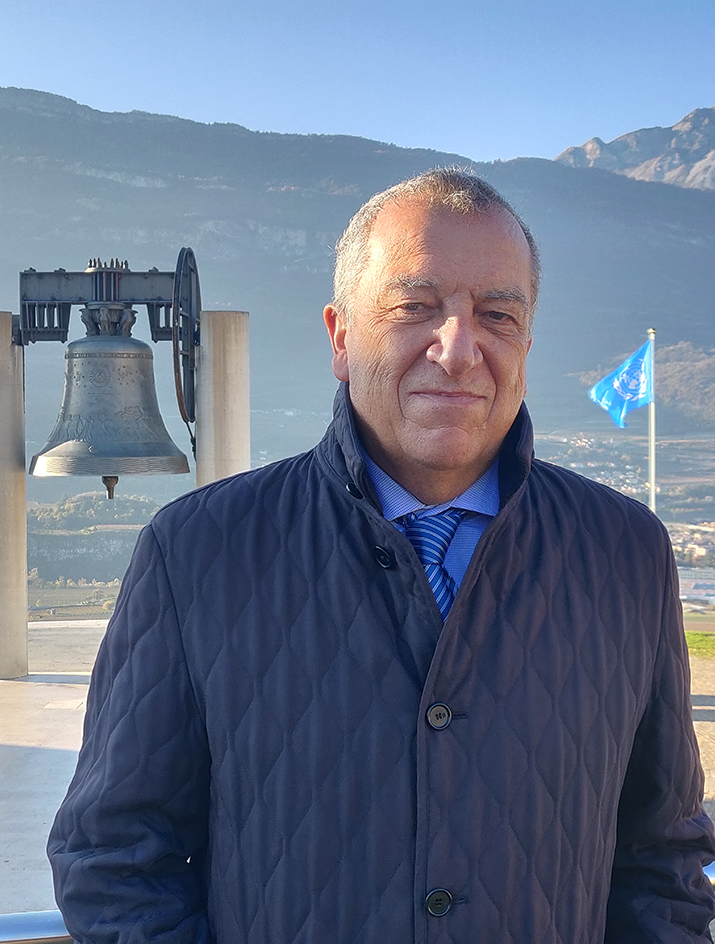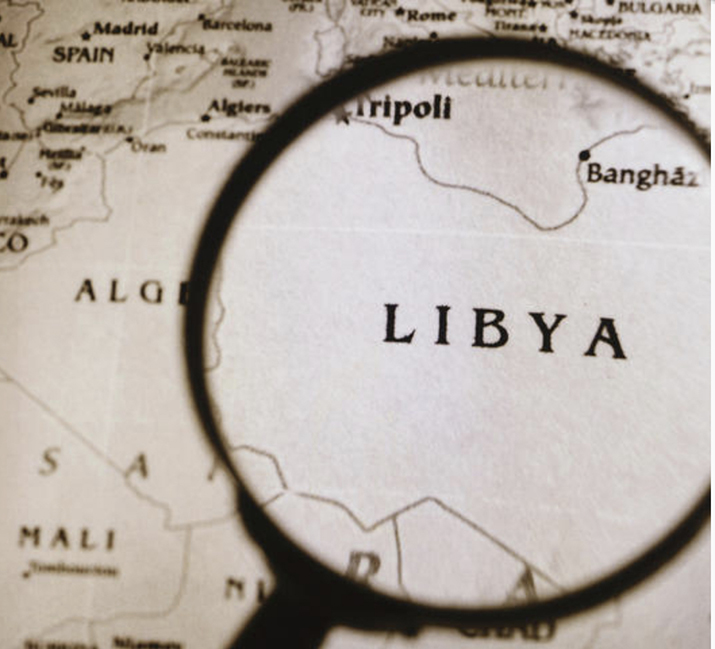In an international context such as the present where "shadows" appear, distinctly prevalent in spite of ourselves, the appearance of a "light", especially when unexpected, is an event not to be passed over in silence, although its resilience and duration over time still need to be verified.
On the southern shore of the Mediterranean a nation, characterized for Italy by a tormented past and today amongst other things by substantial and varied interests with regard to the economy and security, seems to be struggling to emerge from a decade of devastating internal conflicts and is now opting for a political solution capable of giving stability to its fragile institutional structure.
We are talking about Libya, where an ad interim government of national unity, entrusted to the care of a wealthy businessman, Prime Minister Dbeibah, has in recent days obtained the trust of the Parliament by a very large majority, meeting in Sirte, the hometown of Colonel Gaddafi.
The new executive has therefore been given the mandate to lead the country to "free and fair" elections, set for next December.
As a whole, the international community reacted very positively to the unexpected but welcome development with the United States, the European Union (obviously including Italy) and the United Nations unanimous in speaking of a "historic opportunity" for Libya, which may now see a concrete prospect of national reconciliation and confirmation of its sovereignty and territorial integrity.
More than one observer has been inclined to identify the recent change of tenant in the White House as an essential facilitating factor for the change of course in Tripoli.
In this regard, it cannot be excluded that President Biden's approach to dialogue, associated with the Libyan expectation of upcoming, significant overseas economic investments, has induced the local political class to bury conflicts that seemed incurable.
A sign of the presence of unprecedented openings is represented by the announced entrustment to two women from the key ministries of Foreign Affairs and Defense and, more generally, to the enhancement of a "pink" component which, in percentage terms, would not look bad in a European government.
Of course, the road leading to the December consultations is fraught with unknowns and obstacles. Beyond the traditional quarrels and unpredictability of Libyan tribal clan behavior, the future position of the Russian Federation and Turkey (not surprisingly silent today), who until just a few weeks ago were bitter rivals in the support given to the two " strong men” vying for power, respectively former Prime Minister Al-Serraj and General Haftar, weighs a lot in the international arena.
It should be noted that, to date, consistent and well-equipped militias are stationed in Libya, at the service of the two aforementioned alignments whose withdrawal from the country - although foreseen by the agreements concluded - can only occur with the consent of Moscow and Ankara, probably granted not without due consideration.
All this will require our Bell, with respect for the universality that distinguishes it, to give its daily chimes a special “Mediterranean” imprint in this period.
As for the desired consolidation of the Libyan ad interim government, the next few months will be very important. Bearing in mind that a "derailment" of the democratic process could, unfortunately, occur at any moment (induced moreover, by external factors, such as the sudden escalation of Russian-American tensions), an initial path without stumbling blocks would constitute an adequate viaticum for crucial end-of-year deadlines.
Alongside others, but perhaps more than other countries, Italy is called upon to do everything in its power to keep a "light" on, of enormous importance both for the tortured Libyan people and for the unstable Mediterranean chessboard.
"Reggente" Marco Marsilli, Foundation President








